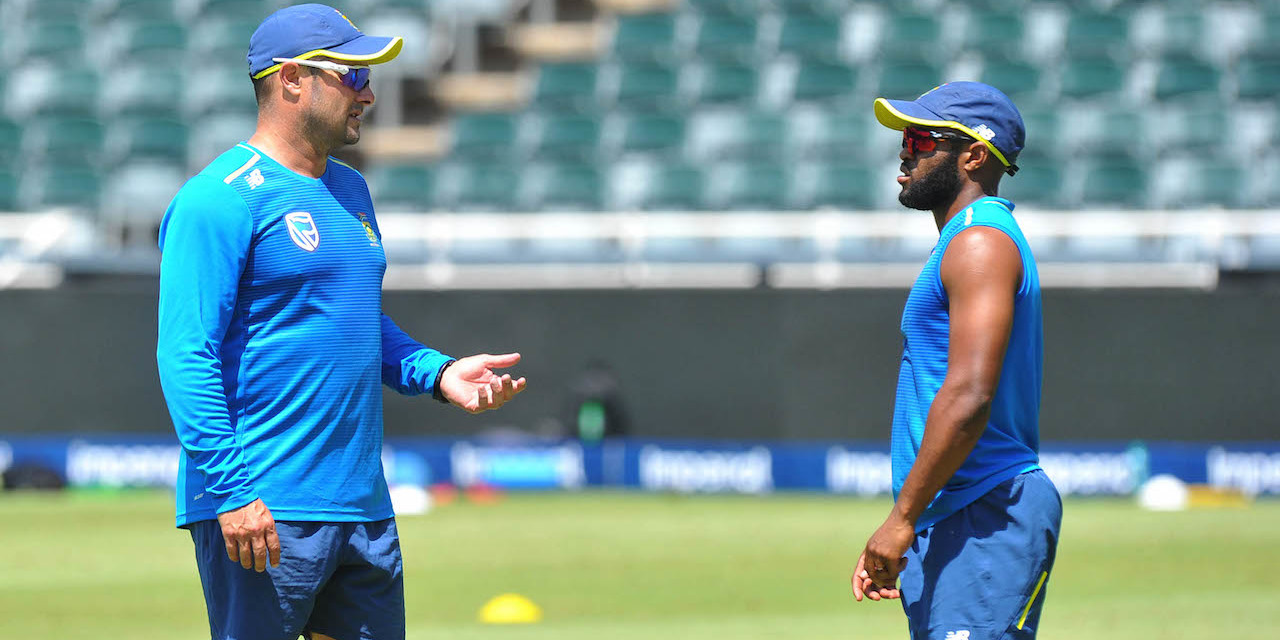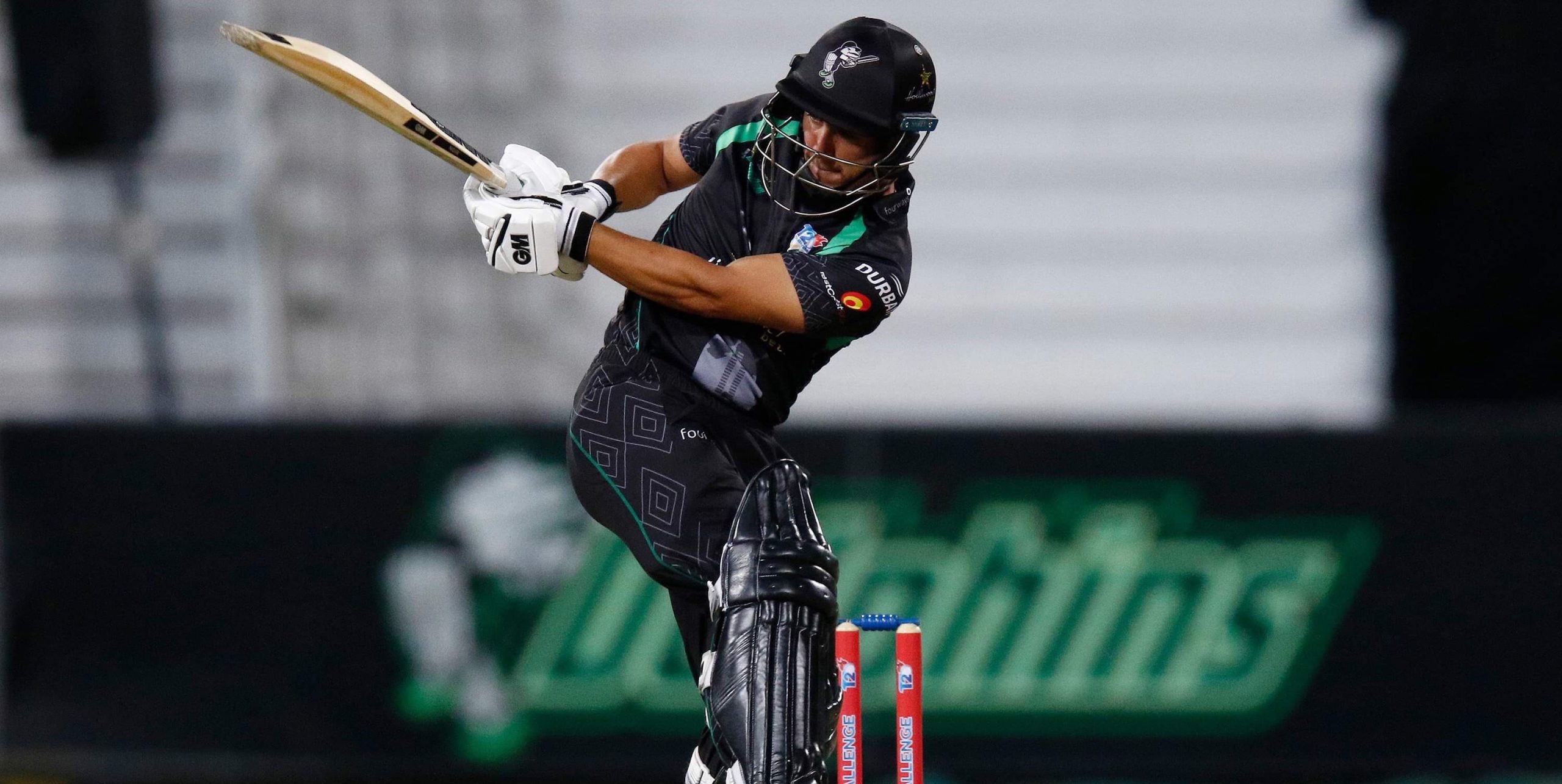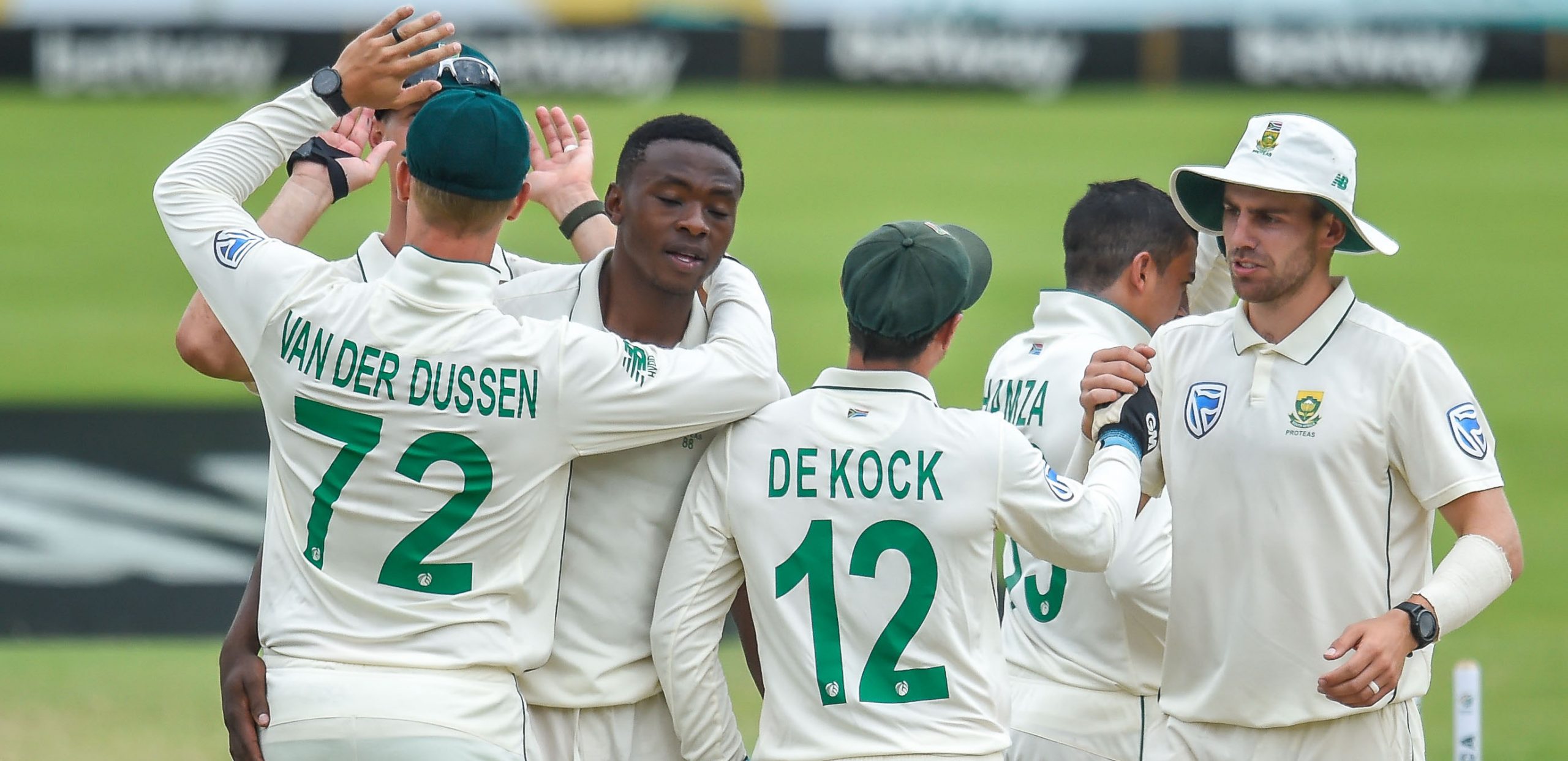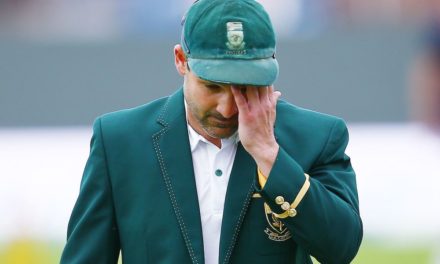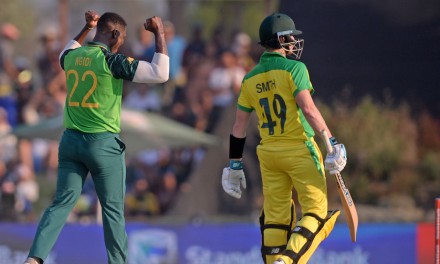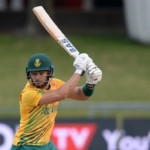An action-packed T20I series between India and the Proteas came to an end on Sunday in a rather indifferent fashion. Inclement weather had the last laugh, as the fifth game ended in a washout, leaving the series tied 2-2.
The Proteas started off well – they first aced a tall chase of 212 in Delhi and then adapted to trickier conditions in Cuttack after a sterling bowling effort kept India to 148. However, these two wins were followed by two heavy defeats. They fell short by 48 in Visakhapatnam, and in the fourth game, they were bundled out for their all-time worst score of 87.
There were multiple factors that caused some concern for the Proteas. Aiden Markram tested positive for COVID-19 mere days before the games began, thus ruling him out. Considering he’s been in scintillating form at No 4 both for the Proteas and more recently for the Sunrisers Hyderabad, his absence adversely affected the team balance and batting depth.
Proteas coach Mark Boucher admitted that SA had to be more resourceful and plan accordingly heading into each contest. In addition, he accepted that this series on the whole was far from a fluent performance from his side. The bowling was consistently positive, but the batting travails became rather obvious in the third and fourth games. Then again, it was priceless preparation for the upcoming World Cup Down Under.
“Yeah, there are plenty of lessons that we can take. It’s tough to lose Aiden Markram before we even started. That put us under a bit of pressure. We wanted to play 6 batters, with Aiden providing our sixth bowling option, but we weren’t able to do that.
“When you come to India on the back of an IPL, especially with a lot of players that are in good form in these conditions, I’d probably take 2-all. We didn’t play our best cricket. It was tough on the guys to come for a tour after a long IPL, and some of them were a bit mentally tired, so they’ll enjoy the break for sure.”
It’s to be noted that the Indian squad that faced the Proteas had a few absent mainstays. Over the course of the IPL, several Indian cricketers, both young and experienced, have honed their craft and put their names up for selection.
For instance, fast bowler Avesh Khan had only played 2 T20Is before this series but notched up a match-winning 4-wicket haul in the fourth game. Continued success in the IPL has played a pivotal role in his development and more recently, his ascent to the national side.
“It’s tough to come from South Africa and head over to India. I’m aware that a lot of their [team India] top players weren’t here – Indian cricket has a lot of depth at the moment, largely due to the IPL,” said Boucher.
“They can take a lot of confidence from this series as well. We had a couple of good games and then a couple of bad games, and there are reasons for that. But you can’t really read too much into it. Our plans will likely change when we go to Australia, and that’s something we’re aware of. We’ve asked a few questions and got a few good answers on this tour.”
The big tournament is just 4 months from now, and realistically, it’s time to close up shop when it comes to squad experimentation. By now, there should be a pretty clear picture as to whom all should be able to make the roster. Seam-friendly Australian conditions will have to be taken into consideration, and most of the Proteas batters enjoy pace on the ball.
However, there was one thing that remained quite static, and that was the relative lack of intent during the Powerplay.
The first six overs are often considered the green light for batters to play more attacking cricket and take advantage of the field restriction. Losing a couple of early wickets and scoring between 6 and 7 an over was a recurring trend for SA.
“We struggled to get going in quite a few of the games. We speak about it after every game and see how we can change our mindset and approach, especially in the third game. Our bowling at certain stages was very good and in other cases, we looked quite rusty.
“I understand that, especially since a couple of guys are back after the IPL or injuries. Back-to-back games in tough conditions can be very challenging. Markram is a massive loss for us, but in saying that, we did come up against some top-quality bowling. Bhuvi was special throughout this series during the Powerplay.”
It may have been a tied series, but there are more than just a handful of unanswered questions. At times, it seemed like the Proteas were overly reliant on a couple of players to step up to the plate and counterattack.
When Markram returns to the fray, the middle order should be in good hands, but invariably, there will be an urge for early impetus. Skipper Temba Bavuma will have to find a means to score quickly, considering he’s now the incumbent opener rather than coming in at first drop.
Dwaine Pretorius came in at No 3 in all the games, but that was a stopgap plan to manufacture batting depth when there was hardly any to begin with.
In addition, he was a handy pinch-hitter after the openers couldn’t quite get the ball rolling right from the get-go. But that doesn’t quite come across as a sustainable plan going forward.
Finally, the bowling is in better shape. The spinners may have gone for extra runs, but the full-strength pace unit of Rabada, Nortje, and Parnell clicked well in the first couple of games. The arrival of Lungi Ngidi has bolstered the pace attack – despite going completely gameless in the IPL, he’s fitter than he was before and can take wickets at any stage of the innings.
On the other hand, Nortje hasn’t fully recovered from a long injury layoff, but when fully fit, he can regularly send down rockets at 150 kph. As a result, there’s plenty of healthy competition and as far as the T20WC squad is concerned, it’s game on like Donkey Kong.

